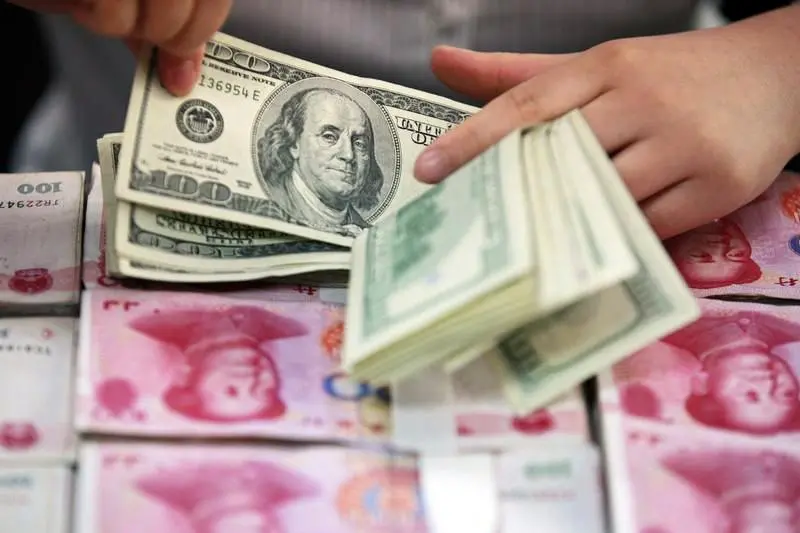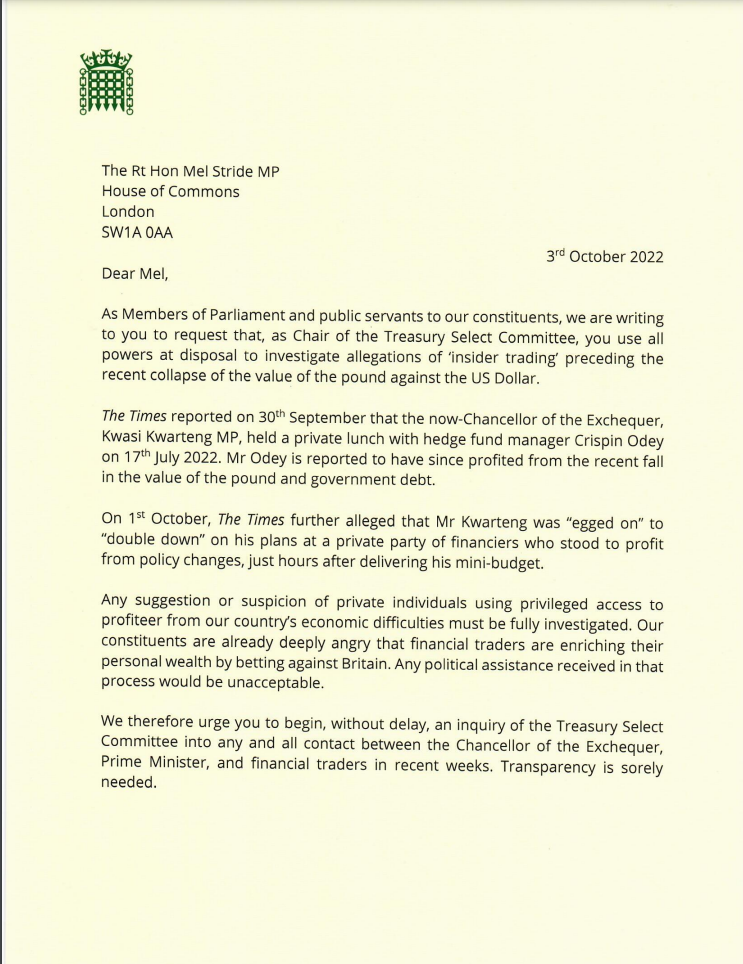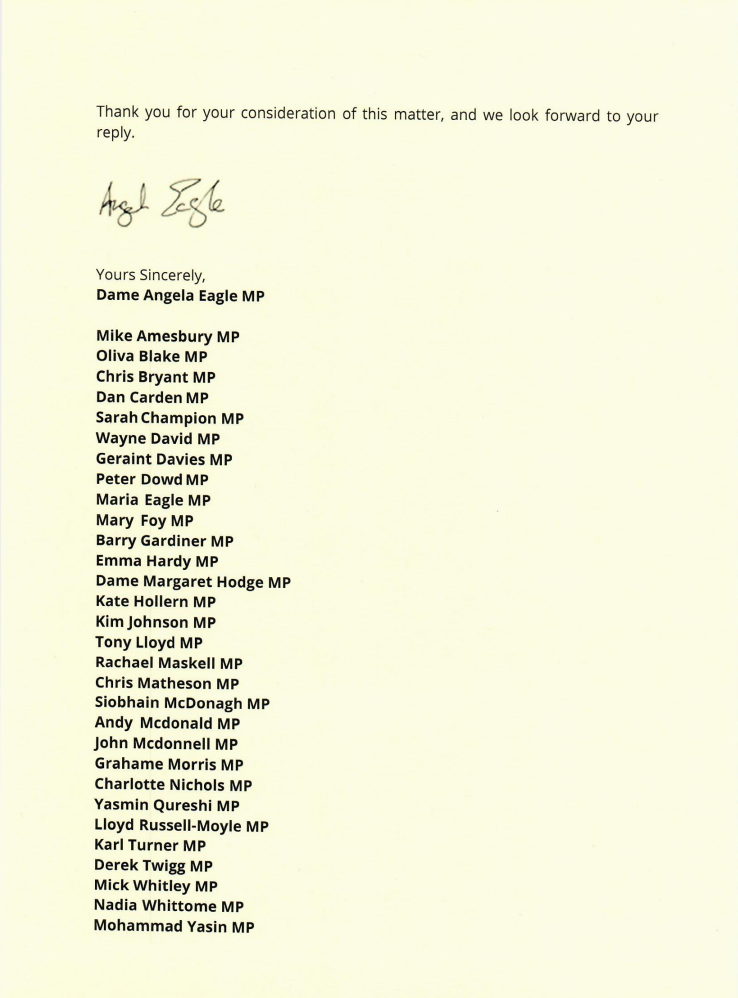Fuel prices are expected to record a slight drop at the pumps starting today, January 16, 2026.
This expectation is contained in the latest pricing outlook from the Chamber of Oil Marketing Companies (COMAC), which guides fuel pricing decisions by oil marketing companies. JOYBUSINESS has sighted the report.
This will be the second time fuel prices are projected to fall in January 2026, driven by favourable movements on the global market and the strengthening of the cedi against the US dollar.
According to COMAC data, petrol prices are expected to fall by between 1.26 percent and 2.30 percent, potentially bringing the price per litre down to about GH¢11.75.
Diesel prices could also decline by up to 2.10 percent, with a litre likely to sell for around GH¢12.45.
Liquefied Petroleum Gas (LPG) is expected to record the biggest reduction, with prices projected to fall by as much as 5.09 percent. This could bring the price of LPG to approximately GH¢12.30 per kilogram.
COMAC explained that the expected price reductions are largely due to falling prices of finished petroleum products on the international market.
The report noted that even though crude oil prices saw a slight increase, an oversupply of petroleum products globally led to lower prices for petrol, diesel, and LPG.
For the second pricing window, petrol prices dropped by 1.07 percent on the international market, diesel declined by 0.68 percent, while LPG fell by 3.40 percent.
At the same time, the Ghana cedi recorded a strong performance against major foreign currencies at the start of the year. For the January 16, 2026 pricing window, the cedi strengthened from GH¢11.52 to GH¢10.90, representing a gain of 5.71 percent.
Databank Research has suggested that pressure on the cedi may remain limited, supported by the gradual release of the one-billion-dollar allocation for January under the Bank of Ghana’s Foreign Exchange Intermediation Programme.
Market analysts say the cedi’s strong performance over the past two weeks has played a key role in the expected reduction in fuel prices.
Some oil marketing companies have told JOYBUSINESS they will begin adjusting prices at the pumps in the coming days, while others indicate the review may take effect from next week.
Meanwhile, Motorists have started the New Year on a good note with less pressure on their pockets as several Oil Marketing Companies (OMCs) have effected a reduction in fuel prices at their respective pumps across the country in the January pricing window.
The price cuts, which took effect in the early hours of the New Year, signify a continued downward trend in petroleum costs, offering much-needed breathing room for both commercial and private transport users.
Among the first OMCs that effected the reduction was market leader Star Oil. It set the pace and a benchmark for other OMCs as it adjusted its digital displays. A marginal dip from previous prices.
Petrol is now selling at GH¢10.86 per litre, diesel is priced at GH¢11.96 per litre, and RON 95 is selling at GH¢13.56 per litre.
According to the Star Oil management, the reduction in oil prices is a result of a “favourable domestic and external cost environment,” citing the cedi appreciation and a dip in international refined product prices.
It said the current reductions may only be the tip of the iceberg for January. The Chamber of Oil Marketing Companies (COMAC) projected a robust outlook for the month, suggesting that competitive pressures will force more OMCs to follow suit in the coming days.
In its January pricing outlook, COMAC provided a breakdown of the expected percentage declines. It was projected that petrol would fall by up to 4.80%, and diesel was also estimated to drop by approximately 3.77%. LPG, on the other hand, was expected to see a reduction of roughly 2.19%.
Industry analysts believe that if the cedi maintains its current trajectory and international crude prices remain below $80 per barrel, Ghanaians could see even more substantial relief by the second pricing window in mid-January.
While the prices of fuel are dropping, Ghanaians have had to brace themselves for an increase in utility tariffs, which took effect on January 1, 2026.
Following the announcement of the increase, there was widespread disapproval, particularly from stakeholders and the general public.
On December 2, 2025, the Public Utilities Regulatory Commission (PURC) announced an imminent increase in tariffs, with the new rates set to take effect from January 1, 2026. The Commission said the increases, 9.86% for electricity and 15.92% for water, had become necessary to meet utility investment needs, respond to macroeconomic pressures, and ensure the long-term stability of the sector.
Consequently, the Trades Union Congress (TUC), the labour umbrella body that represents workers’ interests and coordinates labour unions, engaged the Commission on two different occasions, first, about a week after the increase was announced, and later in a subsequent meeting nearing the end of December.
Following these engagements, a joint statement released by the institutions revealed efforts to balance consumer concerns with the financial sustainability of utilities; however, the PURC’s stance remained unchanged.
The Commission contended that any reversal of its 2026–2030 Multi-Year Tariff Order (MYTO) could have serious consequences for the stability of Ghana’s energy and water sectors, as well as the broader economy.
The Multi-Year Tariff Order (MYTO) is a regulatory framework used by the Public Utilities Regulatory Commission (PURC) to set electricity and water tariffs over a fixed period, 2026 to 2030, in this case. It is intended to ensure predictable pricing, financial stability for utilities, and protection for consumers.
The Commission reaffirmed this position during meetings with the Trades Union Congress (TUC) held on December 11 and 30, 2025, during which the new tariff schedule, which took effect on Thursday, January 1, 2026, was discussed.
“…The PURC reaffirmed its position that any reversal of the tariff decision would have significant implications, not only for the Commission’s independence but, crucially, for the stability of the energy and water sectors and the broader Ghanaian economy,” parts of the statement said.
According to the joint statement, discussions focused particularly on the implications of the tariff adjustments on the living conditions of workers, as well as on electricity stability and investments in the power and water sectors. The discussions also explored avenues for collaboration between the two institutions.
While the PURC stressed the need to maintain the increases, it also acknowledged the concerns raised by the TUC and committed to addressing them during the next tariff review window.
The TUC, on the other hand, in line with its mandate to advocate for workers’ interests, pledged to engage the government on wage levels, anticipating the financial impact the increases would have on workers. It added that it would continue to monitor the situation to determine its next course of action.
The TUC said it would continue to monitor the impact of the tariff adjustments on salaries and wages, noting that the findings would inform Congress’s subsequent course of action. It further indicated that it would engage the government on current wage levels and their impact on the cost-of-living conditions of the Ghanaian worker.
Meanwhile, the TUC had earlier warned that it would call a nationwide strike if the government failed to intervene to stop or adjust the new utility tariff increases announced by the PURC.
In a statement signed by Secretary-General Joshua Ansah on Wednesday, December 3, the TUC argued that the 9% wage adjustment for 2026 was insufficient to cushion workers against a 9.86% increase in electricity tariffs and a 15.92% rise in water tariffs scheduled to take effect on January 1, 2026.
“Workers cannot accept these increases unless the government returns to the negotiating table to top up the wage increase for 2026. Anything short of that, the TUC will mobilise workers to resist the implementation of these insensitive increases in utility prices,” the statement said.
The union further described the tariff adjustments as an unpleasant “New Year’s gift,” deliberately targeting the 9% increase in the national minimum wage and base pay, an increment it said it was still struggling to accept due to the additional financial burden it would place on workers.













